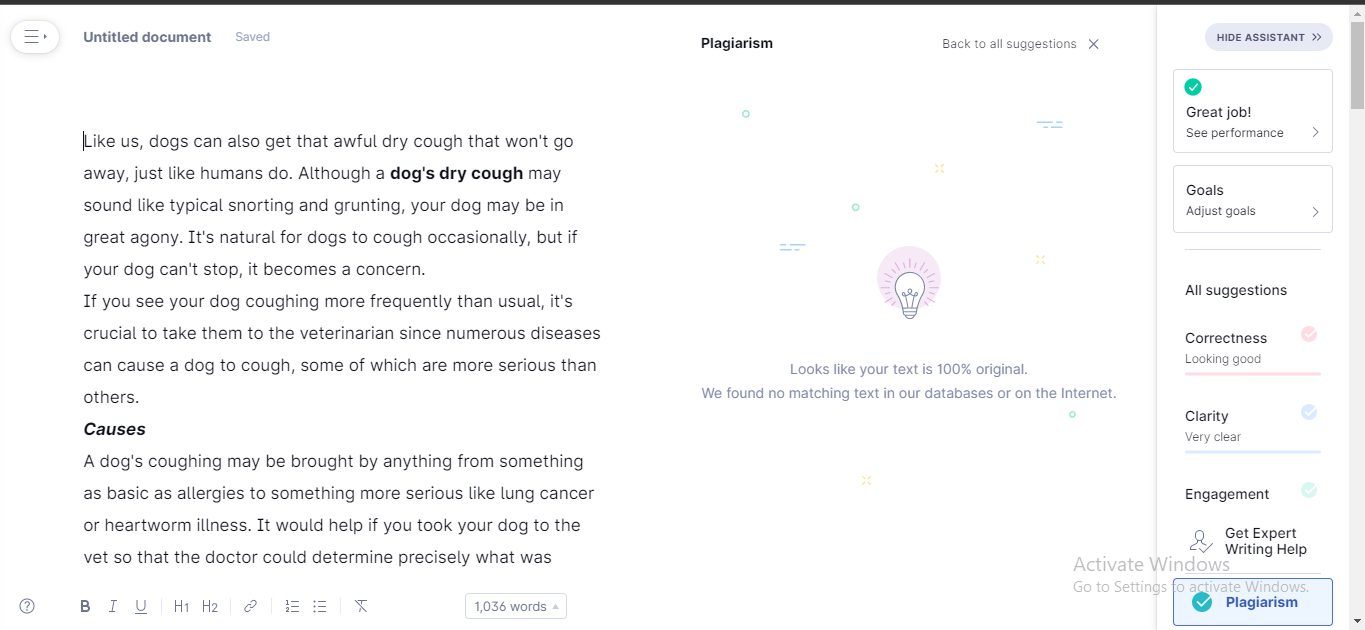Common Causes and Remedies for Canine Dry Coughs
This article explores common causes of dry cough in dogs, including infections, allergies, and tracheal issues. It offers practical remedies like natural supplements and emphasizes the importance of veterinary diagnosis for effective treatment. Proper care and vaccinations can help prevent serious respiratory problems, ensuring your dog's health and comfort.
Understanding and Managing Dry Cough in Dogs
Similar to humans, dogs can experience persistent dry coughs that may indicate underlying health issues. While occasional coughing is normal, a constant dry cough warrants veterinary attention. Identifying triggers early can help in providing effective treatment and keeping your pet healthy. If your dog’s cough becomes frequent or severe, consult a veterinarian promptly to diagnose the cause and explore suitable remedies.
Major Causes of Dry Cough in Dogs
Several factors can lead to a chronic dry cough, from minor allergies to serious conditions such as respiratory infections or heart problems.

Consult your vet to accurately identify what’s causing your dog’s cough. Common reasons include:
Infections caused by bacteria or viruses
Dogs may develop a dry cough due to illnesses like kennel cough, which spreads easily through airborne droplets or contact with infected items. Prompt veterinary diagnosis is essential for treatment.
Foreign objects lodged in the airway
Ingesting toys, food, or debris can block your dog’s airway, resulting in coughing. Additional signs may include drooling, restless behavior, pawing at the mouth, or breathing difficulty. Immediate vet attention is crucial if choking occurs.
Allergic responses
Environmental allergens such as pollen, dust, or smoke can irritate your dog’s respiratory system, leading to persistent coughing along with sneezing, itching, or skin issues.
Tracheal weakness and irritation
In small or aging breeds, the trachea can weaken, causing airway collapse and ongoing coughs.
Heartworm infection
Transmitted through mosquito bites, heartworm disease can be life-threatening and often presents with a cough among other symptoms.
Treatments for canine dry cough
The appropriate therapy depends on the root cause, which may include cough suppressants, antibiotics, or anti-inflammatory drugs. Mild cases might improve with natural remedies and supportive care at home.
Natural options to soothe your dog’s cough
Several natural approaches can ease cough symptoms. Common remedies include:
Honey and coconut oil
Honey has antimicrobial properties and can soothe a sore throat. Small dogs may get half a teaspoon, larger breeds up to a teaspoon, up to four times daily. Coconut oil, given at one teaspoon per 10 pounds, supports immune health unless digestion is sensitive.
Wild cherry bark syrup
This herbal syrup combines honey, apple cider vinegar, cherry bark, and other natural extracts to relieve respiratory inflammation.
Tossa K supplement
Formulated with ingredients like mustard seed, black seed, olive leaf, and pau d’arco, Tossa K boosts immunity and respiratory health when given four times daily in small doses.
Effectiveness of Natural Cough Remedies
Honey’s natural antimicrobial effects provide symptom relief especially for kennel cough, supporting the immune system without curing the infection outright. These remedies can reduce throat irritation and promote comfort.
Summary
The duration of a cough varies with its cause, typically resolving within two weeks. If coughing persists beyond ten days or worsens, consult your vet, particularly if breathing problems develop. Vaccinations can significantly reduce the risk of respiratory infections, and routine boosters are recommended biannually or yearly.





